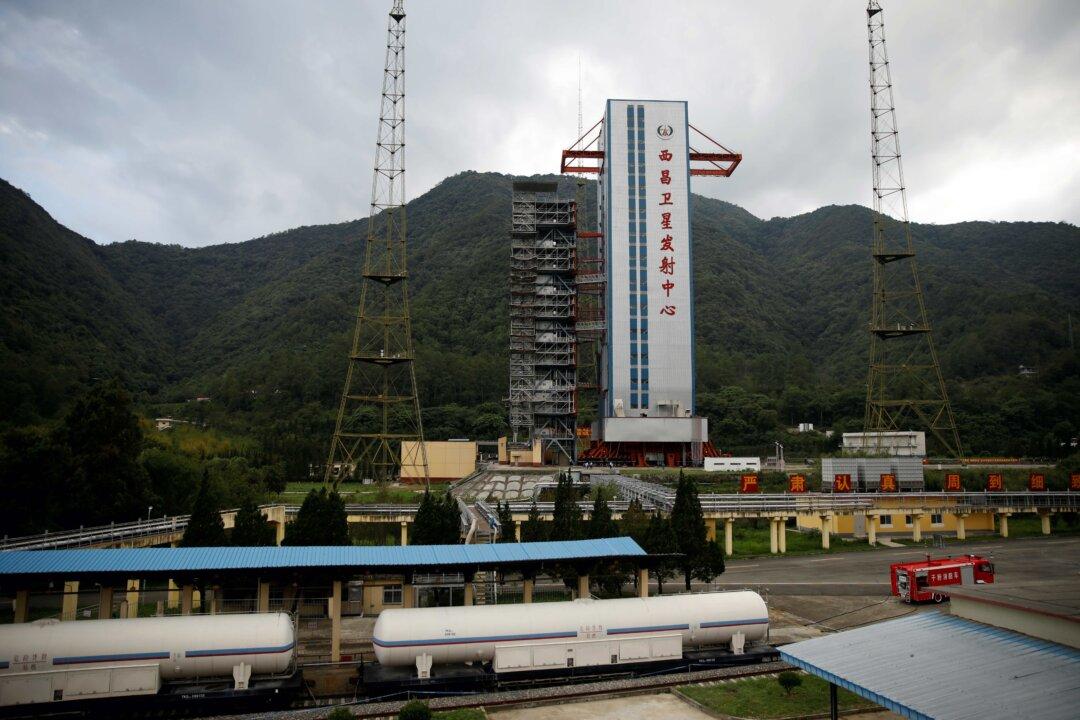China on July 31 officially commissioned its BeiDou satellite navigation system, which it hopes will rival the United States’ Global Positioning System (GPS). However, there are experts who believe it serves more of a publicity purpose for the Chinese regime than real-life application.
According to the South China Morning Post, BeiDou spokesman Ran Chengqi said China’s “conquering of core technologies” was evidence of the country’s self-reliance. Speaking in Beijing on Aug. 3, he said more than 500 key components for the BeiDou system had been “100 percent made in China.”

